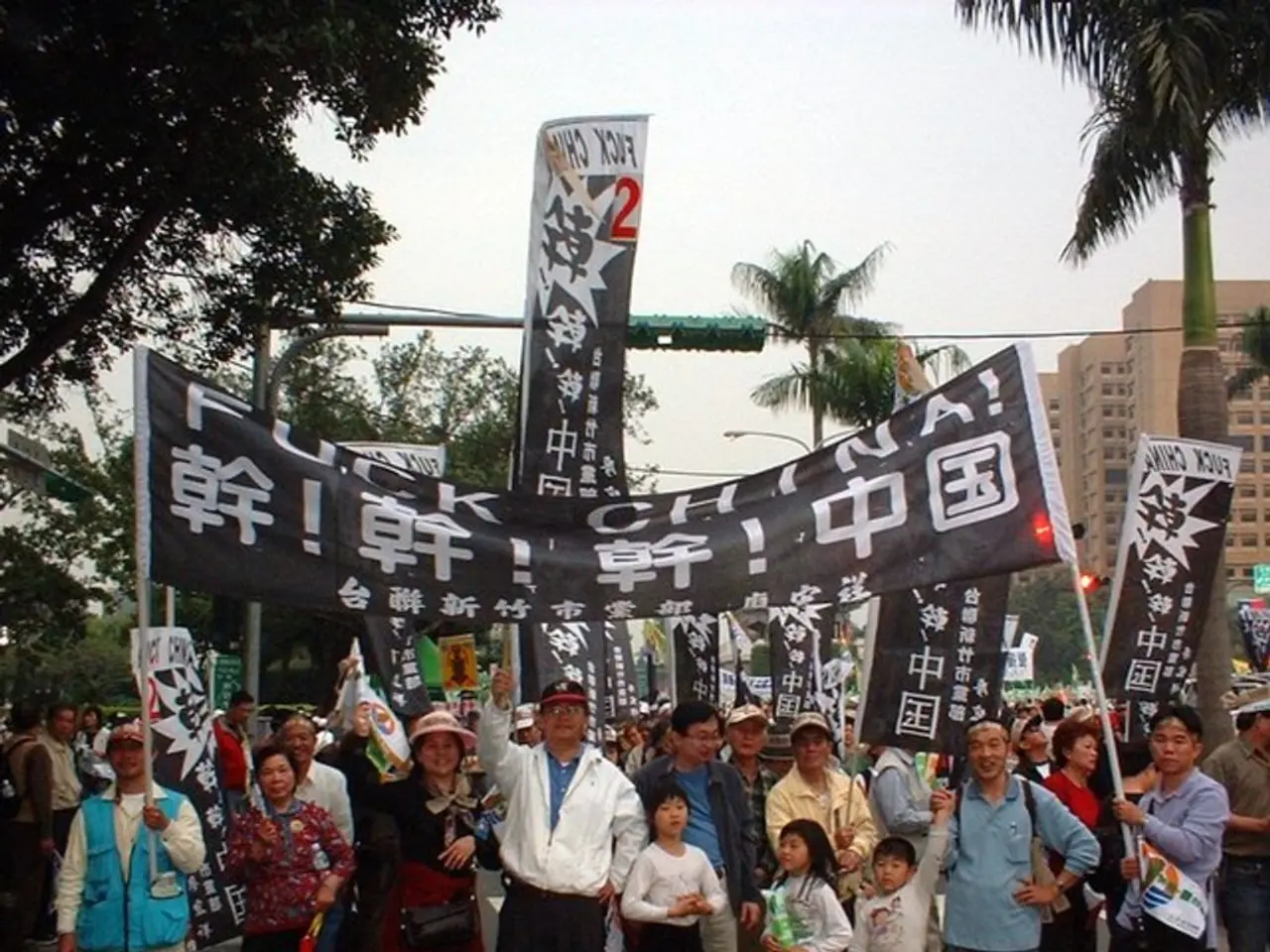Questions about the authenticity of Mexico's judicial election results spark concern within the international media community
Mexico's First Judicial Elections Spark International Concern
Mexico made history on June 1, 2025, as it held its first-ever judicial elections. However, the international response has been one of more questions than confidence.
The elections, which involved over 7,000 candidates for more than 2,600 judicial positions, were part of a constitutional reform aimed at democratizing the judiciary. However, critics argue that the process was rushed, poorly understood by the public, and vulnerable to political influence.
Many voters lacked basic information about the thousands of candidates on the ballot, leading to concerns about the legitimacy of the elections. International media reported these concerns, along with worries about the logistical complexity of organising such a large-scale election.
The Organization of American States (OAS) issued a report warning that the model used in Mexico should not be replicated elsewhere. The OAS cited extremely low voter turnout - just 13% of eligible voters - and a high percentage of null or unmarked ballots as signs of a flawed process.
One of the key criticisms of the judicial elections is that they have increased political control over the judiciary. The Morena party, which is the ruling party in Mexico, won overwhelmingly in a very low-turnout (11%) vote. This has raised fears about the erosion of institutional checks and balances and the rise of arbitrary or ideologically driven rulings favouring the ruling party.
The reforms also reduced eligibility criteria for judges, allowing less experienced candidates to stand for election. The judiciary’s structure was altered, including shrinking the Supreme Court from 11 to 9 justices and eliminating subject-specific chambers.
The popular election of judges was seen as politicizing the judiciary, potentially compromising its independence and impartiality. The reforms also introduced "faceless" courts for organized crime cases, which have been declared incompatible with various international treaties.
These changes have stirred alarm internationally, especially from the US and Canada, given Mexico's obligations under the USMCA that require judicial independence. The concerns over foreign investment, corporate confidence, and economic integration in the region have led some to see risks of Mexico exhibiting characteristics of a predatory or authoritarian state.
Domestically, dissatisfaction with the reforms also contributed to a court workers' strike in Mexico City from May to July 2025, causing delays in civil case proceedings due to increased workload and court closures without corresponding staffing increases.
Mexican officials, including President Claudia Sheinbaum, have defended the elections as a step toward transparency and accountability. However, the world is questioning whether the judicial overhaul in Mexico will strengthen democracy or compromise judicial independence.
Reports also point to the use of unofficial "cheat sheets" distributed by political groups, raising alarms about the politicization of the judiciary. The OAS has warned that the model used in Mexico should not be replicated elsewhere, leading to a debate about the future of judicial elections in Mexico and beyond.
- The Politicization of Mexico's policy-and-legislation, particularly the judicial elections, has sparked international debate, with concerns about the erosion of judicial independence and the potential for arbitrary rulings.
- The general-news media has reported on the concerns raised about Mexico's judicial elections, with worries about low voter turnout, the susceptibility to political influence, and the potential compromising of the judiciary's independence and impartiality.








